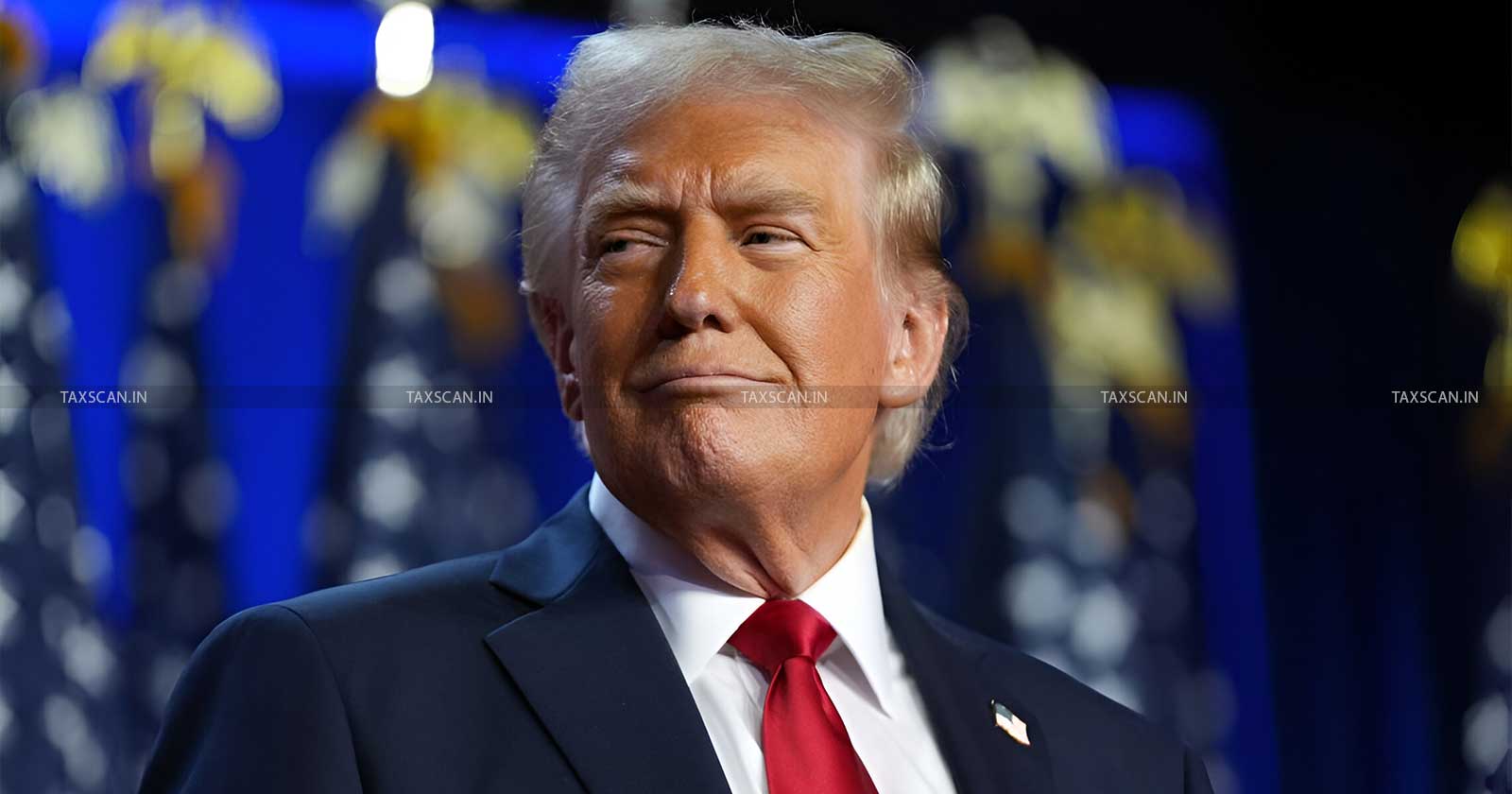President Trump Pauses Reciprocal Tariffs for 90 Days but China not Included
President Trump is delaying higher taxes on imports from most countries for 90 days, but is keeping high taxes on goods from China to stay tough in trade talks

President Trump – Reciprocal Tariffs – China – Included – taxscan
President Trump – Reciprocal Tariffs – China – Included – taxscan
On Wednesday, President Donald Trump made a sudden announcement that he will delay big increases in tariffs — taxes on goods coming into the country — for most countries. This delay will last for 90 days. However, China will not get this break. Instead, the United States will raise tariffs on Chinese goods to 125%, which is a very high rate.
The announcement came during the middle of the day on social media. As soon as the news came out, the stock market jumped, showing that investors were happy to hear the tariff hikes were being paused, at least for now.
Unlock the full scope of TDS & TCS with the 2025 amendments from The Finance (No.2) Act
President Trump spoke to reporters later in the day. He explained that he made this decision because people in the financial markets were getting nervous. He said that some people were “jumping out of line” and “getting a little bit afraid.” He compared the situation to facing a wall, saying that sometimes you have to go over, under, or around it, instead of crashing straight through.
Trump’s team said this decision was actually part of a larger plan. Treasury Secretary Scott Bessent told reporters that the president had been thinking about this move for a while and had discussed it with him in detail on Sunday. Bessent said the pause was not because of the recent market troubles, but rather something that had been carefully planned. He even praised Trump for having the “courage” to wait until the right time.
During the 90-day pause, the U.S. government will talk with more than 75 other countries to try to make new trade agreements. These talks will focus on things like energy deals, how currencies are controlled, subsidies that help local businesses, and other trade rules that are not about tariffs. Bessent said each country will get a customized, or “bespoke,” deal that fits their situation. President Trump also wants to be personally involved in making those deals.
Other countries are getting a break, but China is not. The U.S. is raising tariffs on Chinese goods even more than before. China had already responded to earlier U.S. tariffs by putting its own tariffs on American goods, making trade between the two countries more difficult. Bessent said China is the biggest source of trade problems for the U.S. and the world. He didn’t call it a “trade war,” but he said that China had made the situation worse and that Trump had responded with strength.
CSR or Legal Obligation? Know the difference before it's too late! Click here
When reporters asked why the White House had said before that the tariffs weren’t about negotiations, Trump replied, “A lot of time it’s not a negotiation until it is.” He admitted that he only made the final decision that morning after thinking about it over the past few days.
Trump said he believes China’s leader, President Xi Jinping, will eventually call to make a deal. But he did not explain what exactly he wants from China before the U.S. would lower the tariffs.
Other countries, like those in the European Union, have been upset about the U.S. tariffs too. In fact, the EU recently approved its own set of tariffs against American goods. It’s not clear yet how they will react to Trump’s 90-day delay.
Experts say this pause might help calm things down for now, but there’s still a lot of uncertainty. They warn that if these temporary breaks don’t lead to new trade deals, the confusion and economic trouble could return.
Support our journalism by subscribing to Taxscan premium. Follow us on Telegram for quick updates


